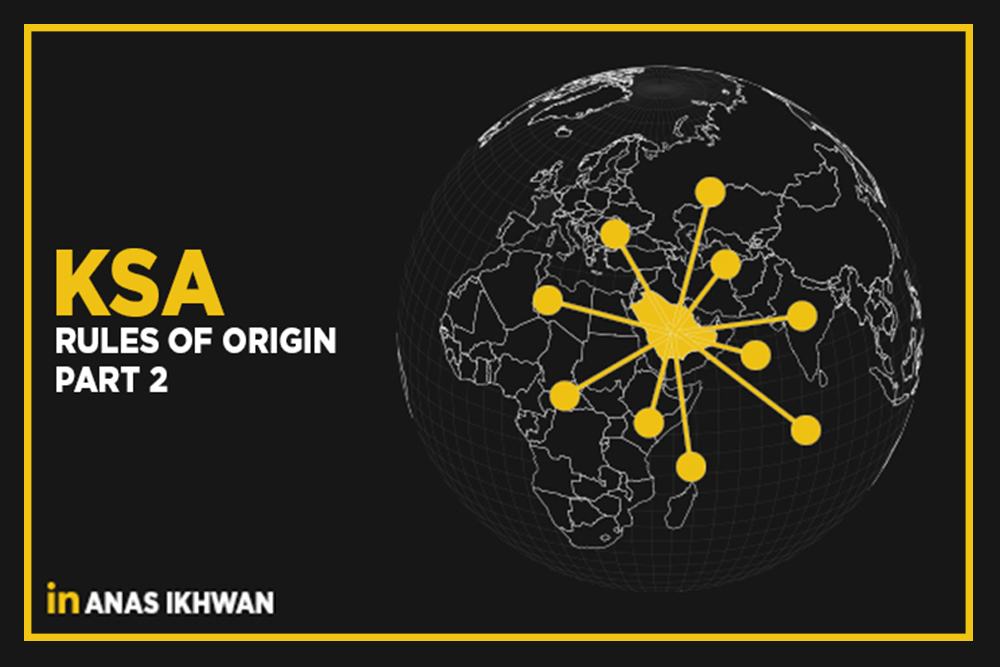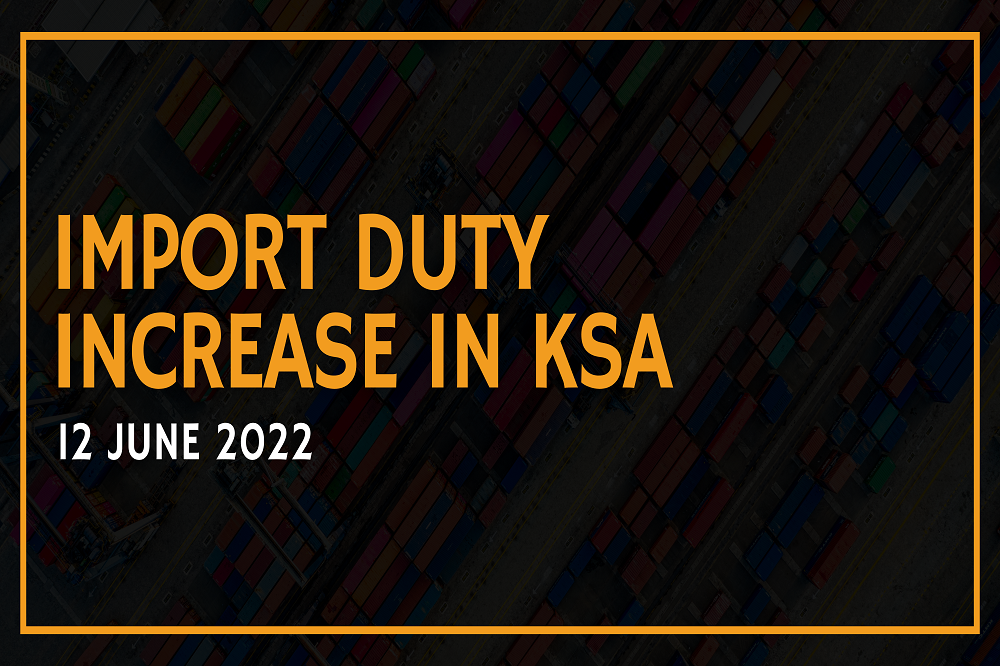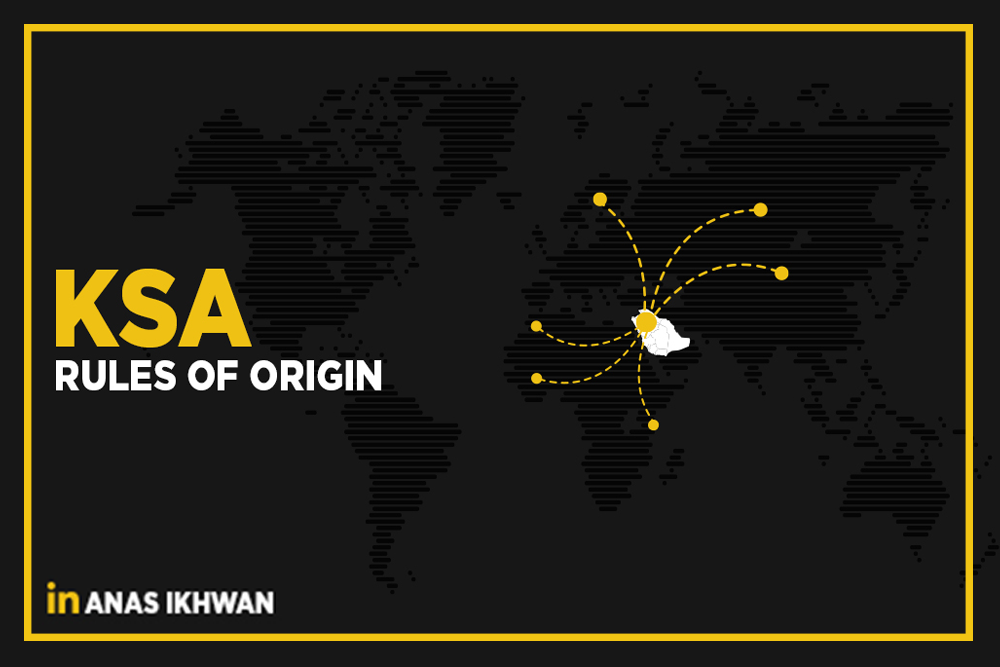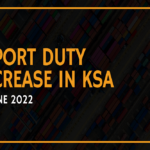On July 2, 2021, the Saudi Minister of Finance and the Chairman of Zakat, Tax, and Customs Authority (ZATCA) has set in motion the new set of National Rules of Origin (RoO) that will identify the requirements that must be met for products to qualify as national goods allowed to be imported into Saudi. Such Ministerial Decision was carried out in order to qualify for GCC preferential treatment based on the GCC Unified Economic Agreement.
In this Article however, I am highlighting the reasons I managed to find behind these new Rules.
Here it is…
Let’s start with the interview with the Media Line, Saudi economic analyst Dr. Ali Al-Qurashi who stated that the new set of rules came after years of problems regarding Gulf Customs Union and some GCC States wanting to keep customs tariffs floating so they can “localize foreign industries and export them to the rest of the GCC States as national industries on preferential terms.”
The decree then aims to give the Saudi private sector “excellent competitive and protective conditions,” as well as finally stop the customs union from benefitting from Saudi preferential treatment without any consequences.
Another reason is that KSA is trying to diversify its economy and reduce its dependence on oil, while providing more jobs for its own citizens. This is in accordance with Saudi Vision 2030. In addition,
experts and observers believe that the move aims to protect Saudi local manufacturers and separate the Saudi market from other Gulf States.
Lastly, in an interview with some officials, they stated that the aim of the new Rules of Origin is to ensure the value-added rules are genuinely met. They explained that it was a practice to perform minor activities on non-originating products that may not reach 10% and claim the GCC National Products Status and get customs duty exemption upon import in KSA.
By making it a requirement to provide a report from an independent auditor who is based in both KSA and the other exporting GCC States, KSA can guarantee that the GCC minimum value added is met.
So, what does this mean for the UAE? Well, the UAE has the biggest amount of export from the GCC States to KSA. And it exports over 40% of its products to KSA, a reason why experts worry that the new decree could negatively impact trade in the region. Now products coming into Jebel Ali (being the biggest importing/exporting trading free zone) and then exported to other GCC States, will not have an impact. They used to not qualify for customs duty exemption or preferential treatment and still this is the case now.
However, the local manufacturers who employ foreign labour (which is a common structure of over 70% of manufacturers) will have a struggle meeting the new Rules of Origin.
Because of such a big change, industry leaders expect that there will be cases in the future where goods shipped to KSA may be subject to customs duty, such as up to 25% for some products. This is why businesses are now heavily encouraged to make their activities accommodate the new rules in order to access KSA on duty free basis as well as ensure preferential treatment to enter the country’s market.
Important things to consider
- Businesses should remember that products manufactured in GCC Free Zones do not qualify for the preferential treatment which was and is still the case.
- Goods being transited through Free Zones, as well as transit documents from Free Zones will also be disqualified from preferential treatment.
- Study carefully the new set of rules and satisfy them may be a challenge from minimum value added, local/national labor hiring percentage and providing audited financial statements.
Questions? Or want to discuss anything in the Article, comment below or shoot me a text.






